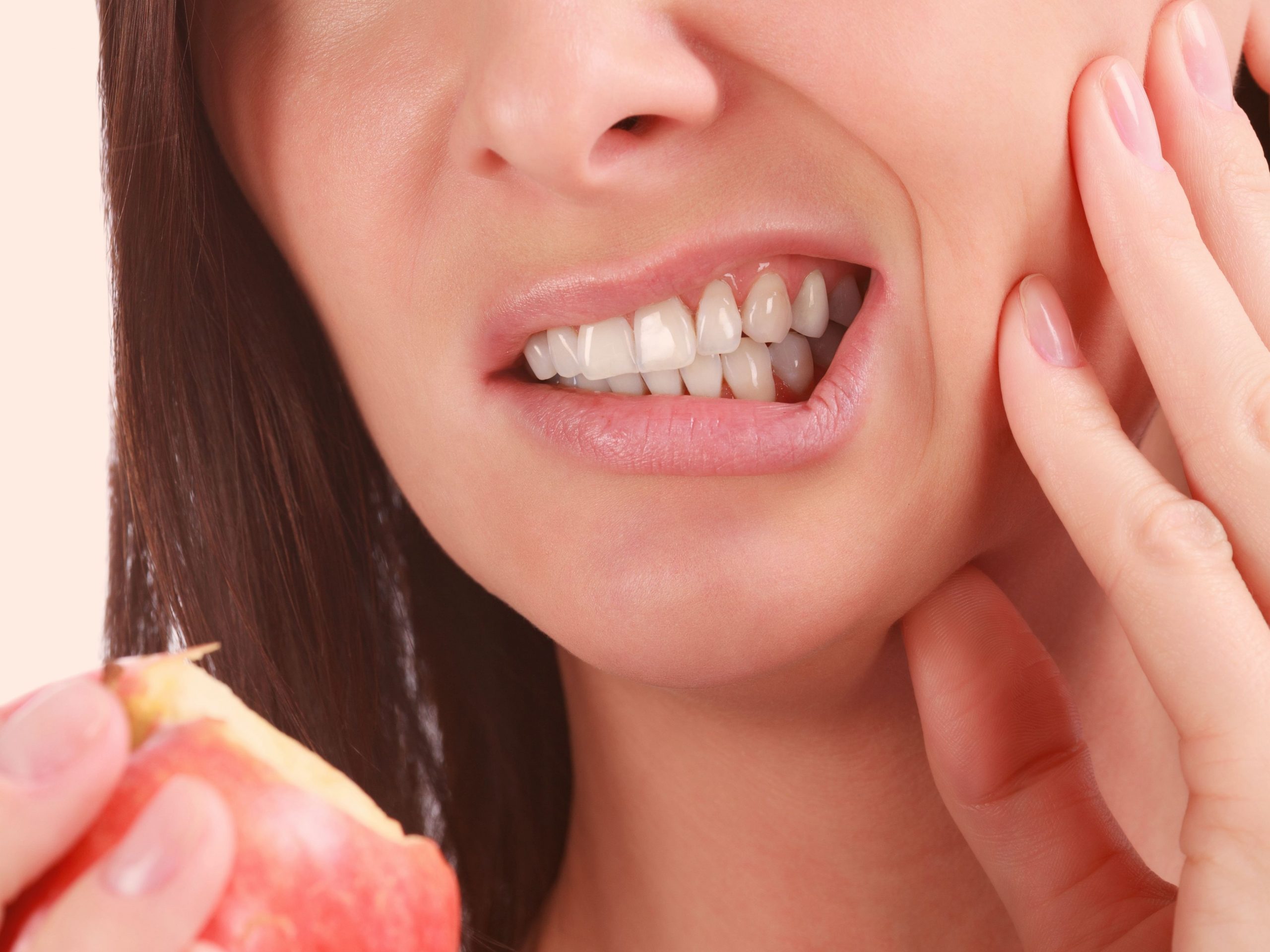Jaw pain? It might be TMJ disorder
What is cranial osteopathy?
Cranial osteopathy is a part of osteopathy which is recognised as an allied health care profession in the UK. Cranial osteopathy principles are to improve the quality of life and manage pain for the people in need. Most of the time, osteopaths achieve that by manipulating muscle tissue and joints. On the other hand, cranial osteopaths are using a very well-developed touch to feel for dysfunction in an affected part of the body and treat it barely changing the position of the hands.
Jaw pain: What is TMJ disorder?
Firstly, TMJ stands for temporomandibular joint which basically is your jaw. TMJ disorder is an umbrella term to describe a dysfunction or a condition which may have a negative impact on the function of the TMJ. It is suggested that approximately 75% of adults are experiencing one or more symptoms of the TMJ at some point in their life so it is quite common.
What causes TMJ disorder?
Some of the most common causes of the TMJ disorder are:
1.Developmental issues of the TMJ such as underdevelopment or overdevelopment of the structure forming the TMJ.
2.TMJ disc disorders. TMJ disc is a structure that sits in the TMJ space providing cushioning and allowing for smooth TMJ movement.
3.Previous traumas to the TMJ such as:
- Fractions of one or more bones that form the TMJ,
- Dislocations or subluxations,
- Forceful compression.
4.Inflammatory conditions which may affect the TMJ such as:
- Capsulitis – an inflammation of the joint capsule.
- Synovitis – an inflammation of the fluid within the joint.
- Osteoarthritis of TMJ.
5.Local muscle tension around the jaw.
What are the symptoms of TMJ disorder?
If you are experiencing the TMJ disorder, you can expect to feel one or several of the following:
- Aching pain in or around your ear.
- Aching facial pain.
- Difficulty chewing or talking.
- Pain while chewing.
- Difficulties opening and closing your mouth.
- Clicking of the jaw.
- Locking of the jaw.
- Pain in or around one or both sides of your jaw.
- Tinnitus, which is ringing in one or both of your ears.
What to expect during a cranial osteopathy treatment?
Firstly, your osteopath will conduct the subjective assessment which involves him/her asking a few questions regarding your presenting complaint. Once your osteopath gathered enough information, he/she will then decide if cranial osteopathy is a safe treatment modality for you. Once this has been established, it is very likely that you will be laid on your back and your osteopath will be treating your head and spine using very well-developed touch with minimal hand movement.
How can cranial osteopathy help with TMJ disorder?
Cranial osteopathy might be able to help you to further understand the cause of your TMJ disorder if you have not been given one yet. According to a study by S. Blood, TMJ disorder can also be correlated with other areas of the body such as fluid dynamics, fascia, respiratory and cardiovascular systems and more, hence, cranial osteopathy might be exactly what you are looking for to help you to manage jaw pain.
For further information or contact an osteopath visit: https://www.osteopathy.org.uk/home/
We hope this information is useful for you. If you need advice or have any questions about our treatments, please contact us. You can find us in Mill Hill Broadway and Islington. We are always happy to help. If you like this blog, please share!
References:
https://www.aafp.org/dam/brand/aafp/pubs/afp/issues/2007/1115/p1477.pdf



